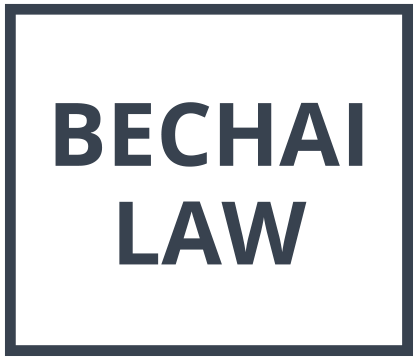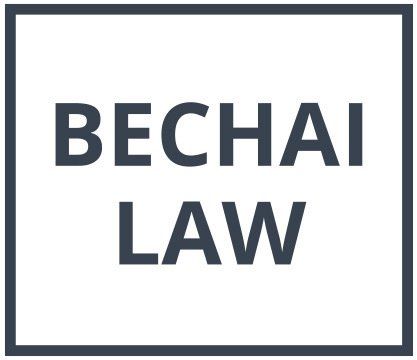Executor or Trustee?
Executor or Trustee? What's the Difference?
When preparing a Will or administering an estate, “Executor” and “Trustee” are terms used, often interchangeably, which can be confusing. So let’s unpack them.
EXECUTOR
Where someone dies with a Will, the person they have appointed in their Will to carry out its terms, is called the "Executor". It is the Executor's job to arrange the deceased’s funeral and distribute the deceased’s assets in accordance with the terms of the Will. The Executor is also responsible for doing such things as:
- notifying the deceased’s bank and other financial institutions of the death and collecting all of the deceased's assets
- notifying CRA of the deceased’s death and filing taxes
- redirecting the deceased’s mail
- cancelling all memberships, subscriptions and services
- paying all outstanding bills from the deceased’s estate
- cancelling the deceased’s health card, driver’s license, passport, etc.
In essence, the Executor is responsible for all of the paperwork and leg work involved with dealing with a deceased’s life.
Note that where the deceased dies intestate (meaning, without a Will), there is no Executor. Rather, an “Administrator” is appointed by the court to administer the deceased’s estate.
The individual who will act as Administrator is typically appointed according to the order of priority set out in legislation. The roles and responsibilities of an Administrator are similar to those of an Executor, except that an Administrator may be subject to additional duties imposed by the court such as paying a security bond and reporting regularly to the court on the administration of the estate.
TRUSTEE
A Trustee is a person who acts as the legal owner of a trust’s assets. A Trustee holds these assets for a person or group of persons known as the beneficiary(ies). The Trustee is responsible for managing the trust’s assets, filing the trust’s tax returns and ultimately distributing the assets according to the terms of the trust. The terms of a trust are typically set out in a document known as a “Declaration of Trust” or “Trust Deed”, but they can also be included under a Will. Typically, trusts in a Will are designed to hold assets for minor beneficiaries, set up an education trust for grandchildren, or hold funds for the maintenance of a cottage, etc.
So why do we use these terms - "Executor" and "Trustee" - sometime interchangeably?
- When no one is named to act as Trustee of a trust established under a Will, the Executor named under the Will, by default, acts as trustee for that trust. So, the Executor and the Trustee are the same person.
- When filing income tax returns for the deceased’s estate, the Canada Revenue Agency (CRA) views the estate as a trust and therefore might refer to the Executor as “Trustee”.



